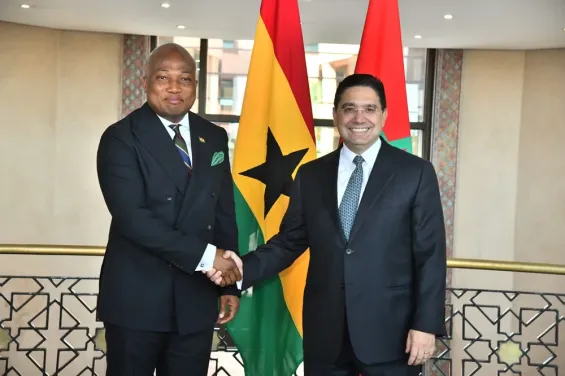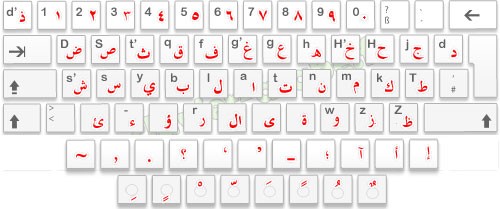In a significant shift in its position on the Sahara issue, Ghana has expressed its support for Morocco's autonomy plan, describing it as the «only realistic and sustainable basis for a mutually acceptable solution» to the regional dispute. The announcement came during a joint statement delivered in Rabat by Ghanaian Foreign Minister Samuel Okudzeto Ablakwa and his Moroccan counterpart, Nasser Bourita. The two also held a press briefing following the signing of the declaration and a memorandum of understanding on political consultations.
This endorsement reflects a broader strengthening of ties between the two countries, particularly in areas such as people-to-people mobility, economic cooperation, and academic exchange. As part of this deepening partnership, both sides announced plans to simplify residency procedures for Moroccan and Ghanaian citizens, with the aim of eventually removing visa requirements altogether.
Facilitating Mobility to Strengthen Cooperation
In their joint statement, the ministers reaffirmed their commitment to promoting tourism, trade, and economic development between Morocco and Ghana. They also expressed their intention to finalize a visa exemption agreement for holders of ordinary passports.
In the interim, Minister Bourita announced the immediate implementation of the Electronic Travel Authorization to Morocco (ETAM) system for Ghanaian citizens, allowing them to obtain visas online within 24 hours.
«We’ve agreed to make mobility easier for our citizens», said Minister Ablakwa during the press briefing. «Although there is already a direct air link between Ghana and Morocco, the visa has been the main barrier to trade, tourism, and people-to-people exchange. Now, with this new measure, that barrier is lifted. This will significantly boost tourism and trade, especially since Morocco is a very popular destination».
Investing in Human Capital Through Academic Exchange
Both countries also emphasized the importance of investing in human capital and strengthening academic and cultural exchanges. Minister Bourita announced that the Moroccan Agency for International Cooperation (AMCI) would increase the number of scholarships awarded to Ghanaian students from 90 to 140 annually, across various disciplines.
«This is excellent news for us», said Ablakwa. «Our universities will also welcome Moroccan students, particularly those interested in English-language programs and African studies. We’ll soon have a specific agreement in place to facilitate this academic cooperation».
Economic and Agricultural Cooperation
Ghana and Morocco also reaffirmed their economic partnership, which was initially cemented in 2017 during King Mohammed VI’s visit to Accra through the signing of 25 cooperation agreements. According to Ablakwa, these agreements have already «greatly boosted bilateral trade».
«We believe that a reciprocal visit would significantly strengthen our ties. Today’s meeting lays the groundwork for a future meeting between the King and President John Dramani Mahama», he added.
Looking ahead, the two countries agreed to deepen cooperation in agriculture and food security, areas with strong economic potential for Africa. The partnership will focus on producing fertilizers tailored to local conditions, including soil types, climate, and staple crops. Ghana, the world’s second-largest cocoa exporter, will be a key focus.
«Ghana currently spends nearly $3 billion annually on food imports. Our new President is committed to reversing that trend», said Ablakwa. «Morocco’s expertise in agriculture, agri-food, and fertilizer production gives it a clear advantage. Moroccan experts will soon collaborate with their Ghanaian counterparts to determine the best fertilizer type for our needs, starting with the cocoa sector, which is a vital crop for us».
At the regional level, Minister Bourita praised Ghana’s continued commitment to African integration, highlighting its active role in ECOWAS, its hosting of the African Continental Free Trade Area (AfCFTA) Secretariat, and its accession as a full member of the International Organization of La Francophonie (OIF) in October 2024.





 chargement...
chargement...

















